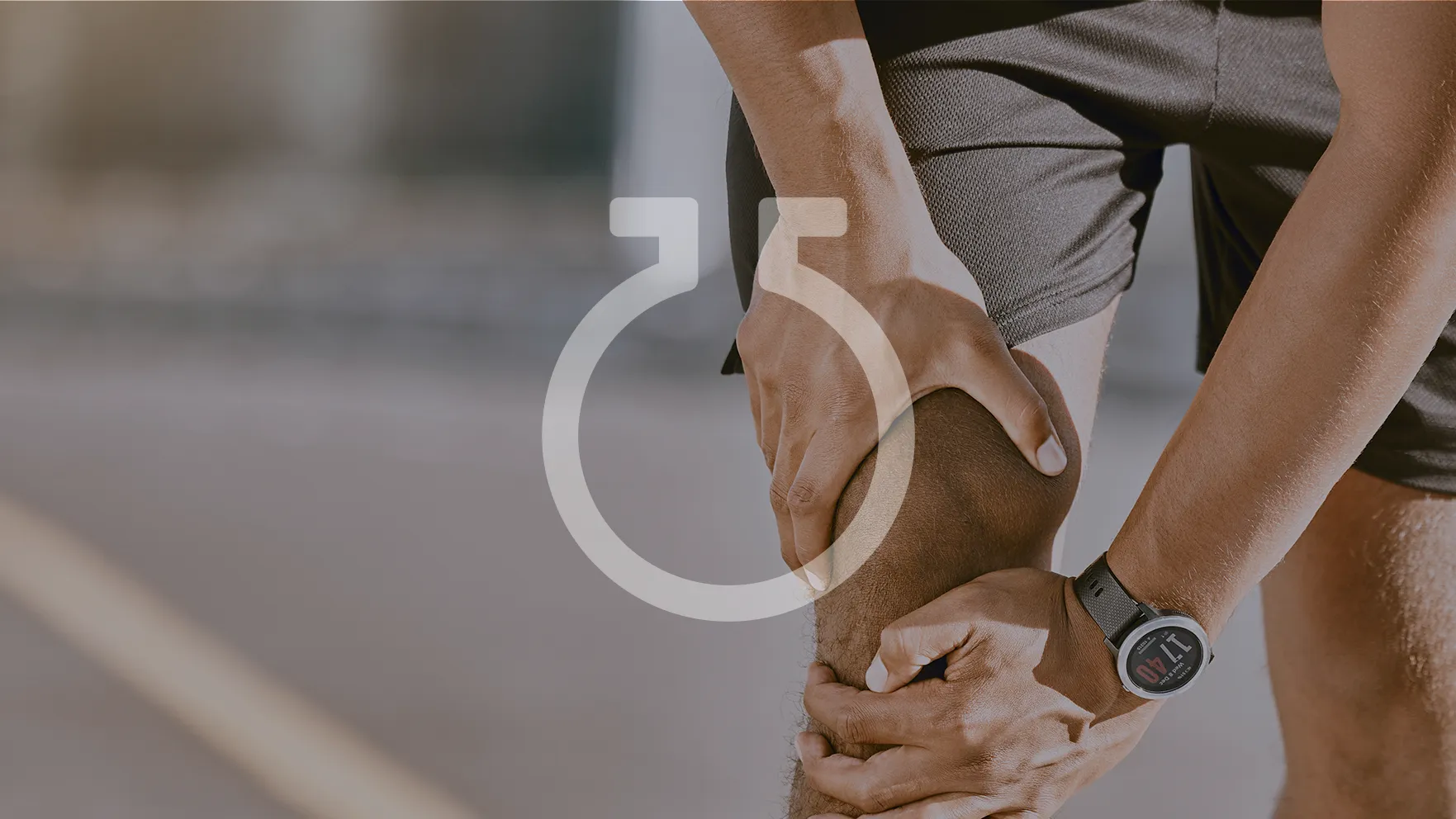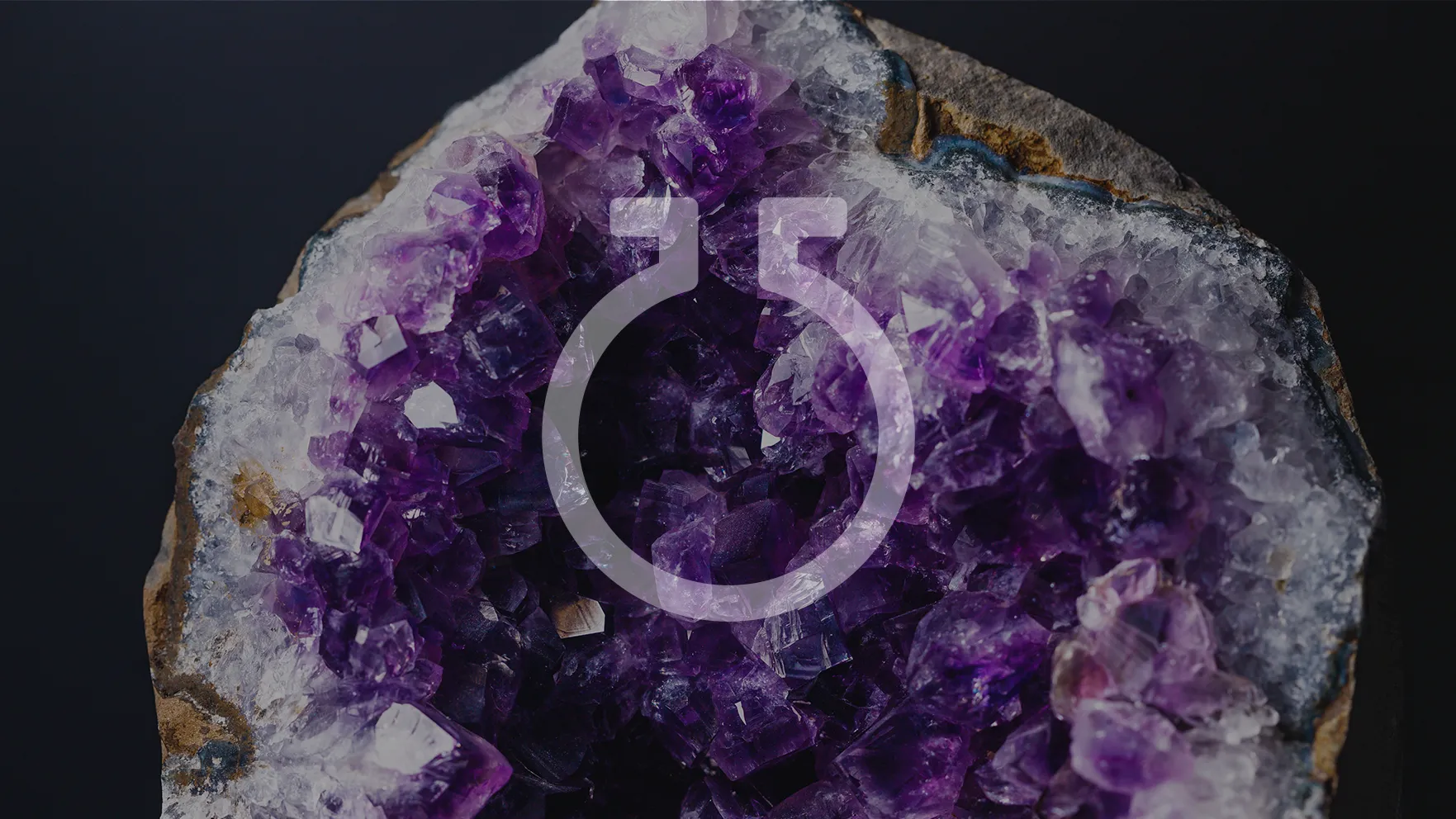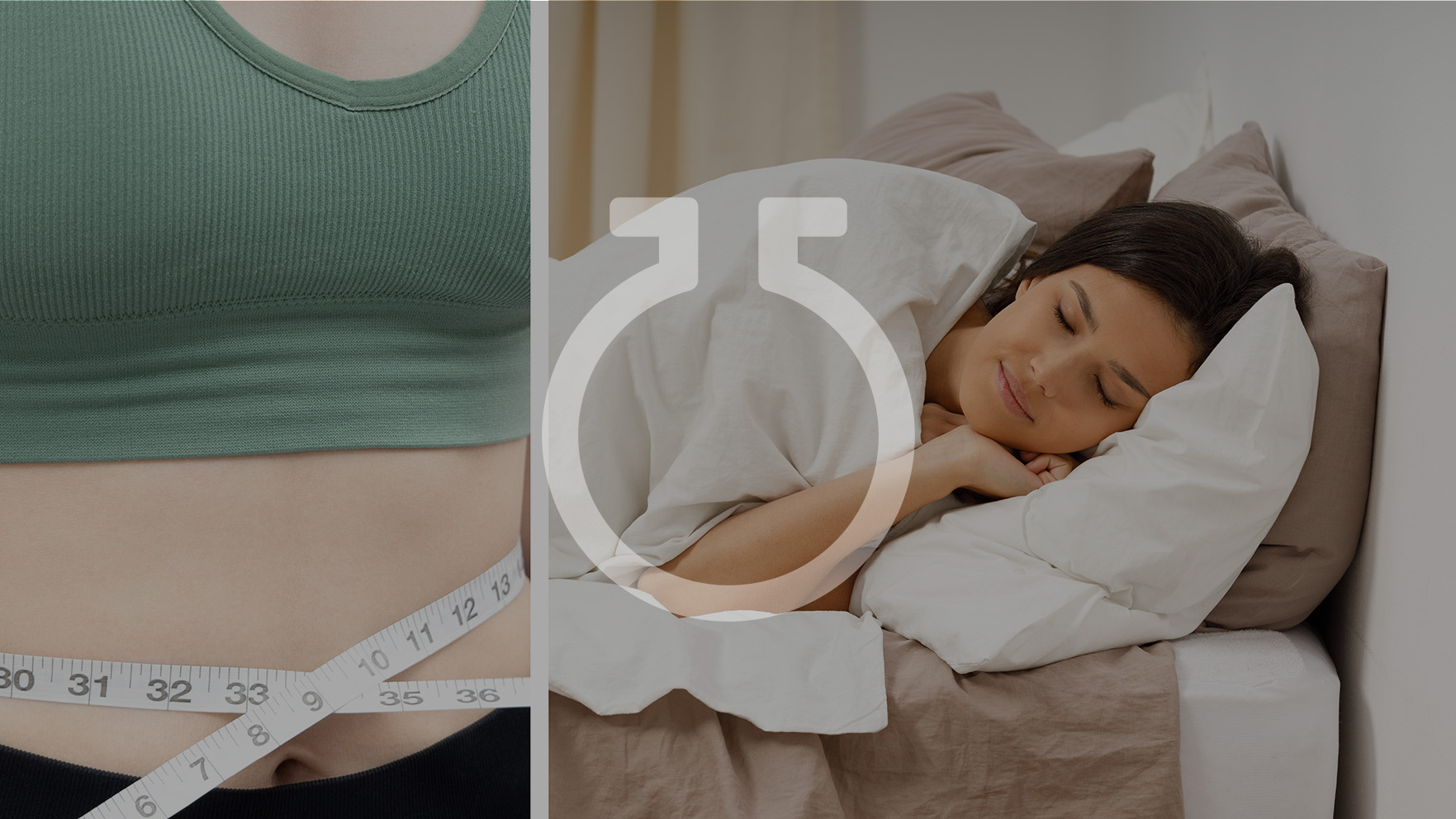Are you among those who hear a crackling symphony every time you bend your knees? Knee osteoarthritis is one of the most chronic, degenerative and progressive conditions, with an estimated incidence of 800,000 patients each year in the US alone. Collagen is the most abundant protein in the body. Collagen is the glue that holds your body together. This critical protein gives structure and support to connective tissues, including your skin, bones, ligaments, tendons and the cartilage that protects your joints, including noisy knees.
The body makes collagen when it breaks down the protein you eat into amino acids. The problem is that the process slows with age. Smoking, drinking alcohol, getting too much sun, and too little exercise and sleep speed up the loss. So do menopause and autoinflammatory forms of arthritis like rheumatoid arthritis and lupus.
When collagen is broken down into smaller pieces, called hydrolyzed collagen, it has some tiny parts that can actually get to our joints and protect them from damage. Native type II collagen has a special way of calming down our immune system called “oral tolerance.” It helps stop inflammation and the breaking down of tissues in our joints. Taking collagen peptides before training can help promote the health of a person’s connective tissue, while post-workout consumption can help build muscle mass. Both of these can be helpful in using collagen for muscle repair. A simple and effective way to get your daily collagen doses is with fun using uüth® supplements.
Collagen starts declining as early as age 25, by age 40, about 1% a year is lost. By age 80, the body has a fraction of the collagen it had when you were young. Collagen has been extensively studied as a potential osteoarthritis treatment. Osteoarthritis is the most common type of arthritis that affects the knee.
Osteoarthritis (OA) is a degenerative process where the cartilage in the joint gradually wears away. Osteoarthritis may be caused by excess stress on the joint such as repeated injury or being overweight It often affects middle-age and older people.
- One small observational study found that a hydrolyzed collagen significantly reduced pain and stiffness in people with knee osteoarthritis.
- An analysis of 41 animal and human studies, including 25 clinical trials, found that collagen benefited OA and aided cartilage repair, no matter what the dose, type or brand of collagen.
Injury or overuse, such as knee bending and repetitive stress on a joint, can damage a joint and increase the risk of osteoarthritis in that joint. Women are more likely to develop osteoarthritis than men, especially after age 50. Take care of your knees and they will take care of keeping you active and getting you the places you wanna go!
Sources



